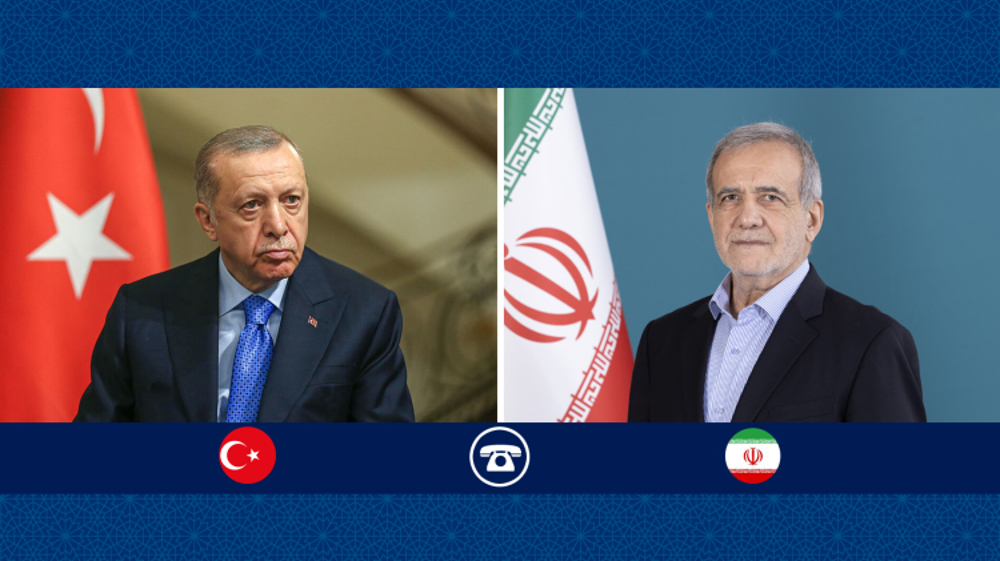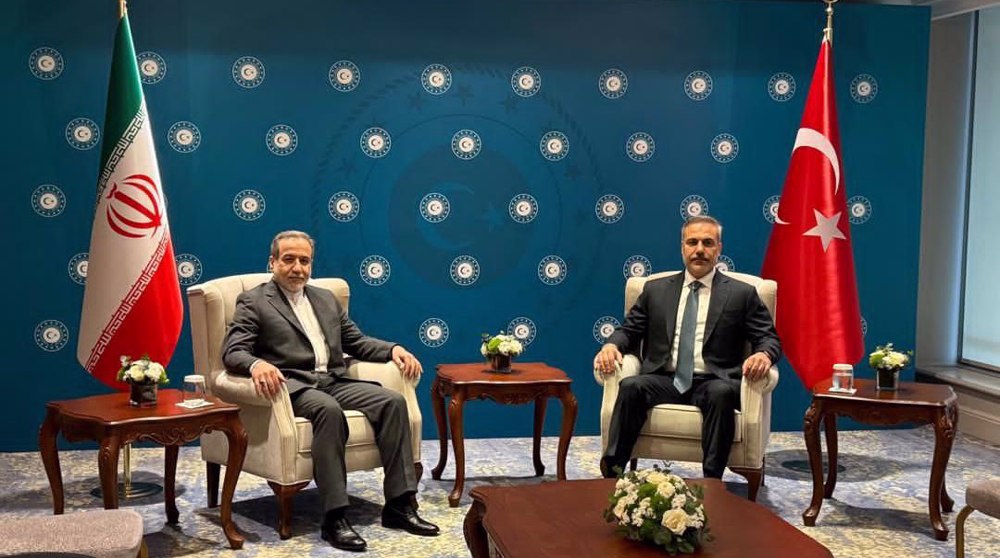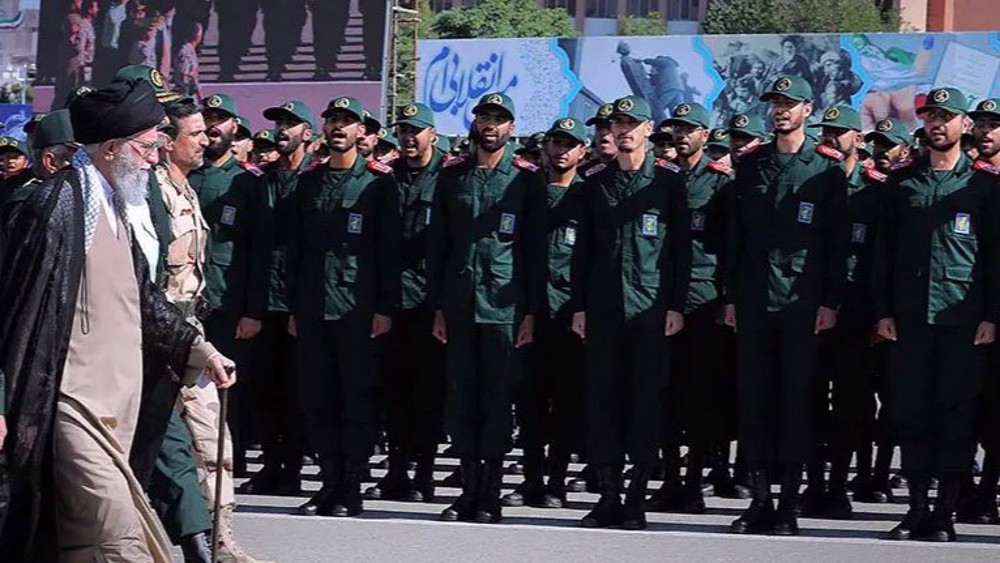Iran rejects Reuters report, says missile program non-negotiable
Iranian Foreign Ministry Spokesman Bahram Qassemi says the Islamic Republic’s missile program is for defensive purposes and is not open to any negotiations.
Qassemi on Friday firmly rejected a Reuters report quoting unnamed Iranian and Western officials as saying that Iran has signaled to the six world powers with which it signed the historic nuclear agreement in 2015 that it is open to talks about its ballistic missile arsenal.
“Iran regards defensive missile programs as its absolute right and will definitely continue them within the framework of its defensive, conventional and specified plans and strategies,” the Iranian spokesperson said.
He added that Iran “has repeatedly in diplomatic meetings with foreign officials” emphasized that its “defensive missile program is not negotiable” and that Tehran “does not regard it as inconsistent with [UN Security Council] Resolution 2231.”
In all his meetings and interviews with international media on the sidelines of last month’s 72nd session of the United Nations General Assembly in New York, Iranian Foreign Minister Mohammad Javad Zarif reiterated the non-negotiable nature of the Islamic Republic’s defensive missile program.
According to the Reuters report, the sources said that given US President Donald Trump's threats to ditch the nuclear agreement, known as the Joint Comprehensive Plan of Action (JCPOA), reached under his predecessor Barack Obama, Tehran had approached the powers recently about possible talks on some “dimensions” of its missile program.
Iran and the five permanent members of the United Nations Security Council – the United States, France, Britain, Russia and China – plus Germany signed the nuclear agreement on July 14, 2015 and started implementing it on January 16, 2016.
Under the JCPOA, Iran undertook to put limitations on its nuclear program in exchange for the removal of nuclear-related sanctions imposed against Tehran.
During his speech at the UN General Assembly on September 19, Trump described the JCPOA as “the worst and most one-sided transaction Washington has ever entered into,” a characterization he often used during his presidential campaign.
The US Republican president faces an October 15 deadline for certifying that Iran is complying with the deal. If Trump refuses to do that, then the Republican-controlled Congress will have 60 days to decide whether to reimpose sanctions waived under the deal. That would let Congress effectively decide whether to kill the deal.
During an interview published by the Associated Press on September 27, Iranian Foreign Minister Mohammad Javad Zarif said the US president "would open a Pandora's box" if he tried to renegotiate the terms of the JCPOA.
Zarif added that the possibility of renegotiating the deal was a “myth.”
The ambassadors from Britain, France, Germany and the European Union to the United States on September 25 expressed their countries’ strong support for the JCPOA.
The European ambassadors vowed to do everything possible to protect any companies based in Europe that continue to do business with Iran from reimposed US sanctions in case of Washington’s withdrawal from the JCPOA.
Trump warns UK against enhancing China ties as PM Starmer hails reset
VIDEO | Press TV's news headlines
Iran rejects threats, backs win-win diplomacy, Pezeshkian tells Erdogan
VIDEO | Disabled Iranian woman dies in German custody
VIDEO | Iranian students voice anger at French govt. for hostile policies
VIDEO | EU appears indifferent about Trump's illegal war threats on Iran
Iran FM in Ankara for ‘closer consultations’ on ‘serious’ regional situation
Iranian officials: EU will regret 'servitude to US' over IRGC designation













 This makes it easy to access the Press TV website
This makes it easy to access the Press TV website